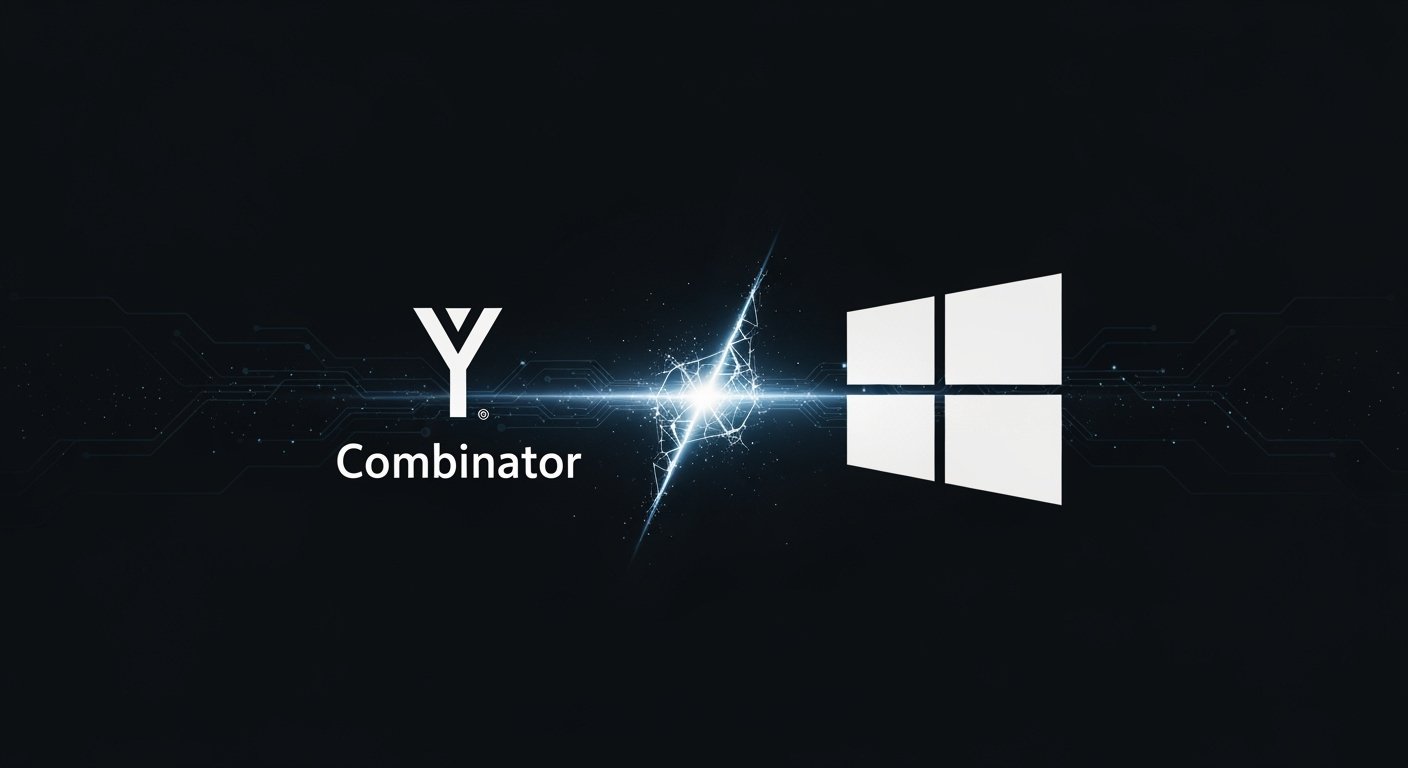Why Pig.dev Abandoned Windows AI Agents And Pivoted to AI Caching

Pig.dev’s Pivot: Lessons from an AI Agent Startup for Windows
The world of AI agents is evolving rapidly, but building robust automation for traditional desktop environments like Microsoft Windows remains a major challenge. Pig.dev, a Y Combinator Winter 2025 startup, set out to tackle this head-on with agentic tech designed to control Windows desktops. However, in May 2025, the company’s founder announced a decisive shift: Pig.dev would abandon its original AI automation ambitions and pivot to a new product—Muscle Mem, a cache system for AI agents.
Why Did Pig.dev Pivot?
Pivoting is nothing new for early-stage startups, but Pig.dev’s story stands out because of the problem they were addressing: making AI agents practically useful for real-world desktop applications. The need for reliable automation in legacy environments is significant, especially for businesses looking to streamline repetitive tasks on Windows.
On the Y Combinator podcast, Pig.dev’s approach was compared to another YC project, Browser Use, which translates web interfaces into agent-readable formats. While Browser Use found traction in the browser automation space—becoming a viral tool especially after being integrated into Chinese agentic applications—Pig.dev struggled to find a sustainable business model for desktop automation.
The Challenge of Windows Automation
Pig.dev initially tried to offer their technology as a cloud API, then as a developer tool. However, according to founder Erik Dunteman, "What users in the legacy app automation space actually want is to hand me money, and receive an automation." Businesses wanted turnkey solutions, not development platforms. Dunteman was not interested in consulting-style, one-off automations, leading to the decision to pivot out of the Windows automation space entirely.
Introducing Muscle Mem: AI Caching for Efficiency
Instead of building Windows automations, Pig.dev is now developing Muscle Mem, a system designed to help AI agents offload and reuse solutions for repeatable tasks. This allows agents to focus their computational power on reasoning through new or complex problems, potentially making agent-based systems more scalable and cost-effective for developers.
Dunteman explained that this new direction is "directly inspired by and applicable to computer use, just at the developer tooling layer." Rather than automating every interaction, Muscle Mem aims to make existing automations more efficient by remembering what’s already been solved.
The State of Windows Agentic Automation
Despite Pig.dev’s departure, the field of Windows automation is still very much alive—especially at Microsoft. Recently, Microsoft announced new agentic features for Copilot Studio, enabling UI automation for Windows as a research preview. Windows 11 is also starting to integrate agentic tools to help users manage settings and workflows more intuitively.
Key Takeaways for Startups and Enterprises
- Building agentic automation for legacy desktop environments is a complex challenge with unique commercial hurdles.
- Demand in the automation space often leans toward ready-to-use solutions rather than developer tools—especially for legacy systems.
- AI caching, like Muscle Mem, could play a key role in scaling agent efficiency and reducing operational costs.
- Larger players, including Microsoft, are investing heavily in agent-based automation, signaling more innovation to come.





